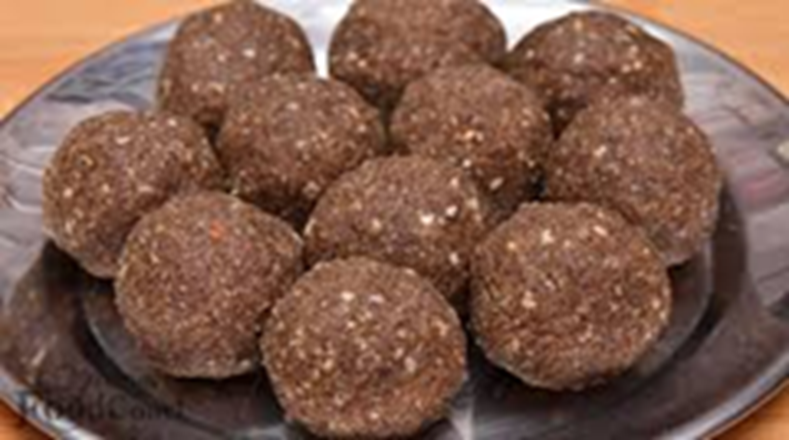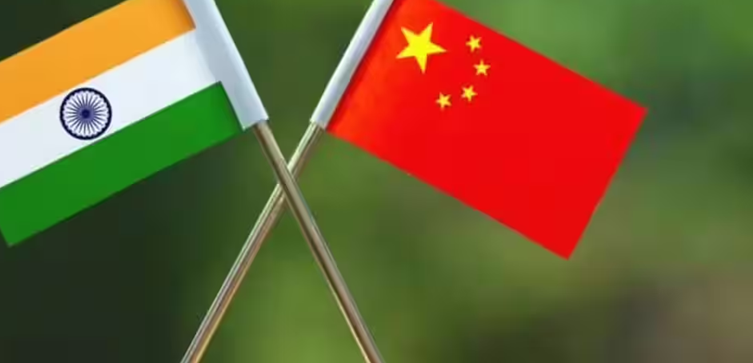Navratri Fasting Tips: Are you consuming more calories than required during Navratri fasting? Balance your diet like this.
- bySherya
- 23 Sep, 2025

Healthy Vrat Recipes: During Navratri, we need to take extra care of our health. Let us share some diet plans that will be good for your health and won't be too high in calories.

Low-Calorie Fasting Foods: The holy festival of Navratri is celebrated with great enthusiasm across the country. During this time, many people observe fasts and eat sattvik food. Fasting provides the body with an opportunity to detoxify, but often, in the name of fasting, people end up eating foods that are excessively calorie-dense. This can lead to weight gain and digestive problems. Therefore, it is extremely important to maintain a balanced diet during Navratri fasting.
Common mistakes of consuming too many calories
Deep-fried foods – Deep-fried foods like sabudana vadas, potato pakodas, or buckwheat puris are commonly eaten during fasting. These are high in oil and calories.
Eating too much sweets – Makhana kheer, coconut laddu, or halwa fulfills the demand for sweets during fasting, but they are high in sugar and calories.
Fruit overdose – Eating fruits is healthy, but eating too much fruit too often also increases calories and natural sugar (fructose).
Wrong use of dry fruits – Almonds, cashews, raisins, and walnuts are rich in nutrition, but eating them in unlimited quantities leads to calorie overload.
How to balance your diet?
Eat after boiling or lightly frying – Instead of deep frying potatoes, sweet potatoes, and sago, eat them by boiling or frying them on a low flame.
Low-fat milk and curd – Use toned milk or curd while making kheer or smoothie.
Control on sweets – Use jaggery, honey, or dates instead of sugar, but keep the quantity limited.
Eat fruits smartly – Instead of eating fruits repeatedly, take a mixed fruit salad at one time.
Fixed quantity of dry fruits – Just 5-6 almonds, 1-2 walnuts, and 4-5 raisins are sufficient daily.
Drink plenty of water – It's crucial to stay hydrated during fasting. Coconut water or lemon water are good options.
Healthy Options for Navratri Fasting
- Samak rice khichdi or idli
- Dry-roasted makhana instead of makhana kheer
- Sweet Potato Chaat
- Rajgira Paratha (made with less oil)
- Green tea or herbal tea
The true purpose of Navratri fasting is to purify the body and mind. Consuming more calories than necessary during this time defeats the purpose of the fast. Therefore, maintaining a balanced diet is crucial. Eating the right amount, avoiding oily and sugary foods, and choosing healthy options can make Navratri fasting successful and beneficial.






